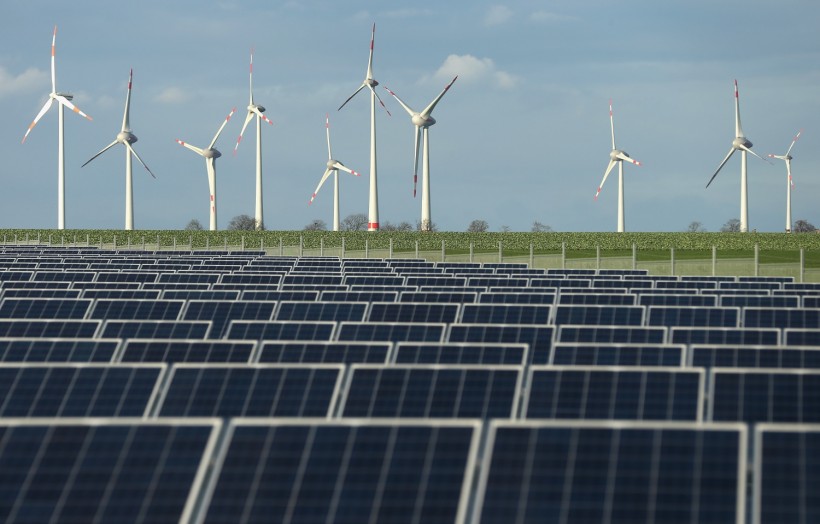According to Germany's energy plan, rooftop solar will be necessary on new business buildings and near-mandatory on new residential ones.
German solar has been developing at a slower pace than the rest of the world, but with yearly deployments due to triple, it is expected that by 2030, green energy would account for 50% of home heating and 80% of the power.
The current low feed-in tariff is a stumbling block to rooftop solar installation. The FiT is expected to be increased to encourage more deployment.

Green Party in Charge
With the Green Party in charge of the climate, agriculture, and environment ministries, the new administration will provide clearance for agri-voltaic installations.
Will they, however, make sufficient land available?
The government has already set up funds to expand the transmission network.
The continued involvement with gas power is likely the most severe issue since although coal has a decommissioning deadline and the net-zero aim for 2045 suggests that gas will not be part of the energy mix by then, there is a lot of talk about Nord Stream 2.
The German industry community is enthusiastic about Nord Stream 2, seeing the gas supply as beneficial to their bottom line.
Germany is unlikely to cancel the pipeline, despite Russia's increasingly aggressive measures toward Ukraine.
It may not need to because the US may successfully strangle it.
Related Article: From Sunlight to Fuel: Scientists Plans to Make Fuel by Converting CO2 Into Solar Energy
Going Green

The OECD's third-largest economy, Germany, has been a leader in implementing ambitious environmental legislation in recent decades at home and abroad.
The country's strong ecological framework not only makes it a leader in environmental protection and sustainable development but also serves as a model for how a cleaner, lower-carbon economy may coexist with growth.
Hopes for Germany's current administration have been high among environmentalists.
Growing concern over climate change, bolstered by the country's worst floods in 500 years, helped the German Greens treble their parliamentary seats in the most recent elections.
A pledge to dramatically develop renewable energies, allocating 2% of the national territory to the cause; an aim to phase out coal by 2030, eight years sooner than previously envisaged; and a plan to weaponize foreign policy to push climate change adjustments abroad are among the initiatives.
Environmental Standards
Germany, for example, has set standards for an environmentally sound, dependable, and economical energy supply in its Energy Concept.
Expanding renewable energies and improving energy efficiency are significant components of this.
The European nation wants to increase the share of renewables in electricity generation from 17% today to more than 80% in 2050 while phasing out nuclear power generation by 2022.
By 2020, greenhouse gas (GHG) emissions would be decreased by 40%, and by 2050, they would be cut by at least 80%.
In terms of energy efficiency, Germany plans to cut primary energy usage by 20% by 2020 and 50% by 2050 compared to 2008.
The Energy Concept includes almost 100 concrete measures in electricity, heat, and transportation.
Also Read: Study Shows How Urban Experimentation May Help Develop Better Sustainable Policies
For more news about making the environment sustainable, don't forget to follow Nature World News!
© 2024 NatureWorldNews.com All rights reserved. Do not reproduce without permission.




![Tsunami Hazard Zones: New US Map Shows Places at Risk of Flooding and Tsunamis Amid Rising Sea Levels [NOAA]](https://1471793142.rsc.cdn77.org/data/thumbs/full/70325/280/157/50/40/tsunami-hazard-zones-new-us-map-shows-places-at-risk-of-flooding-and-tsunamis-amid-rising-sea-levels-noaa.jpg)
